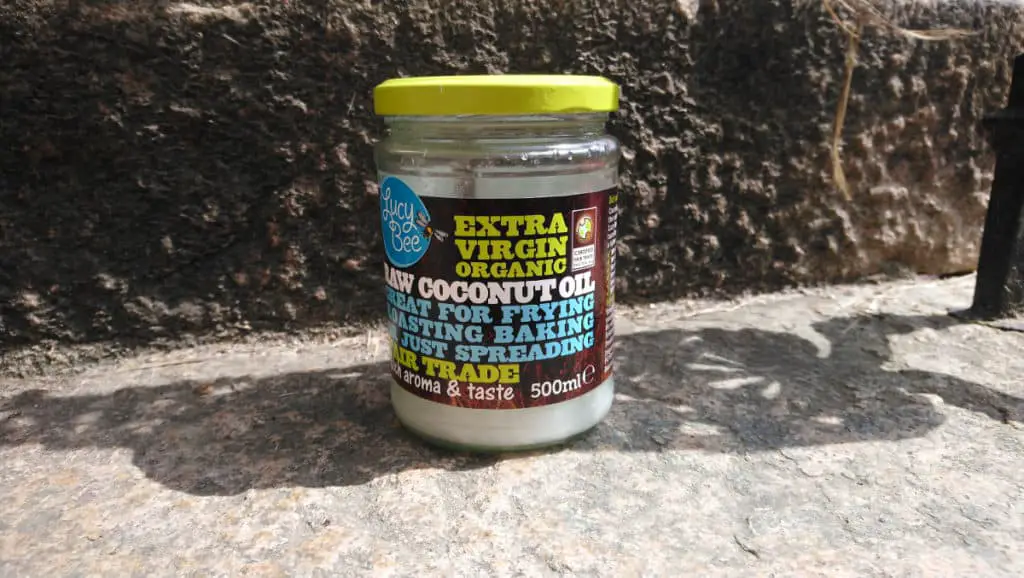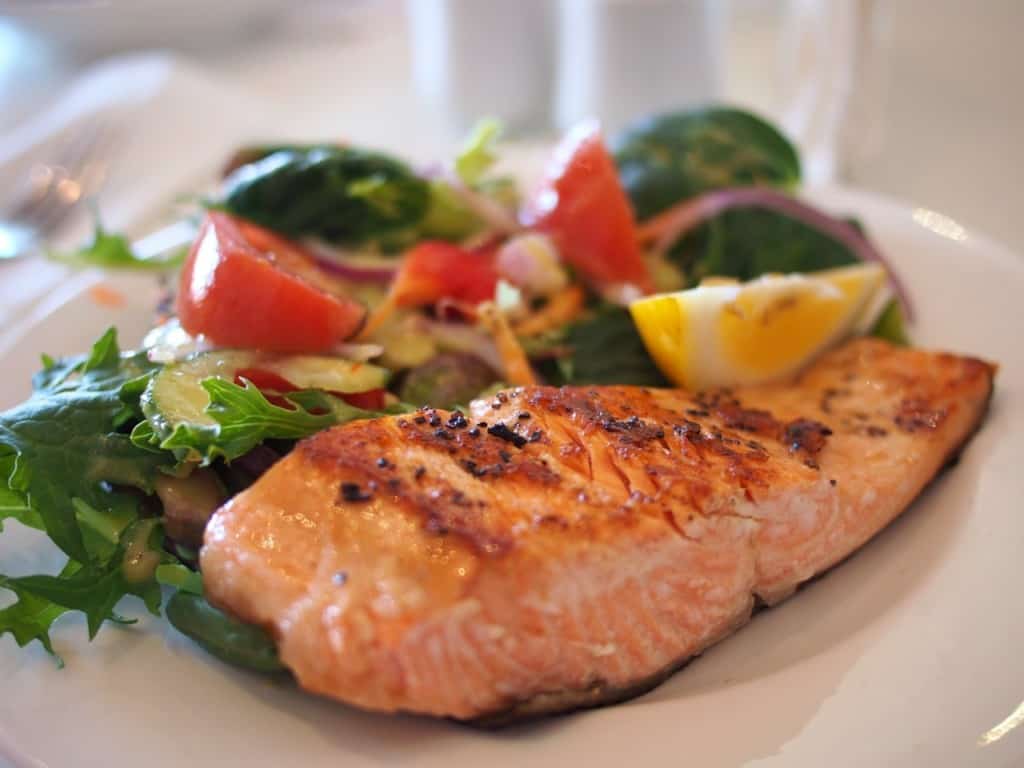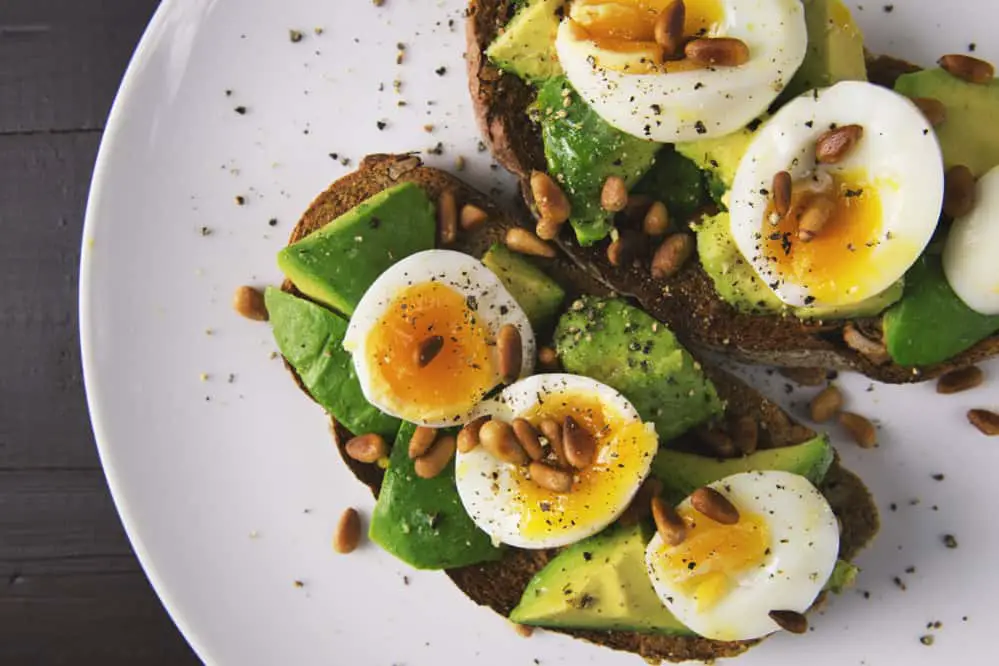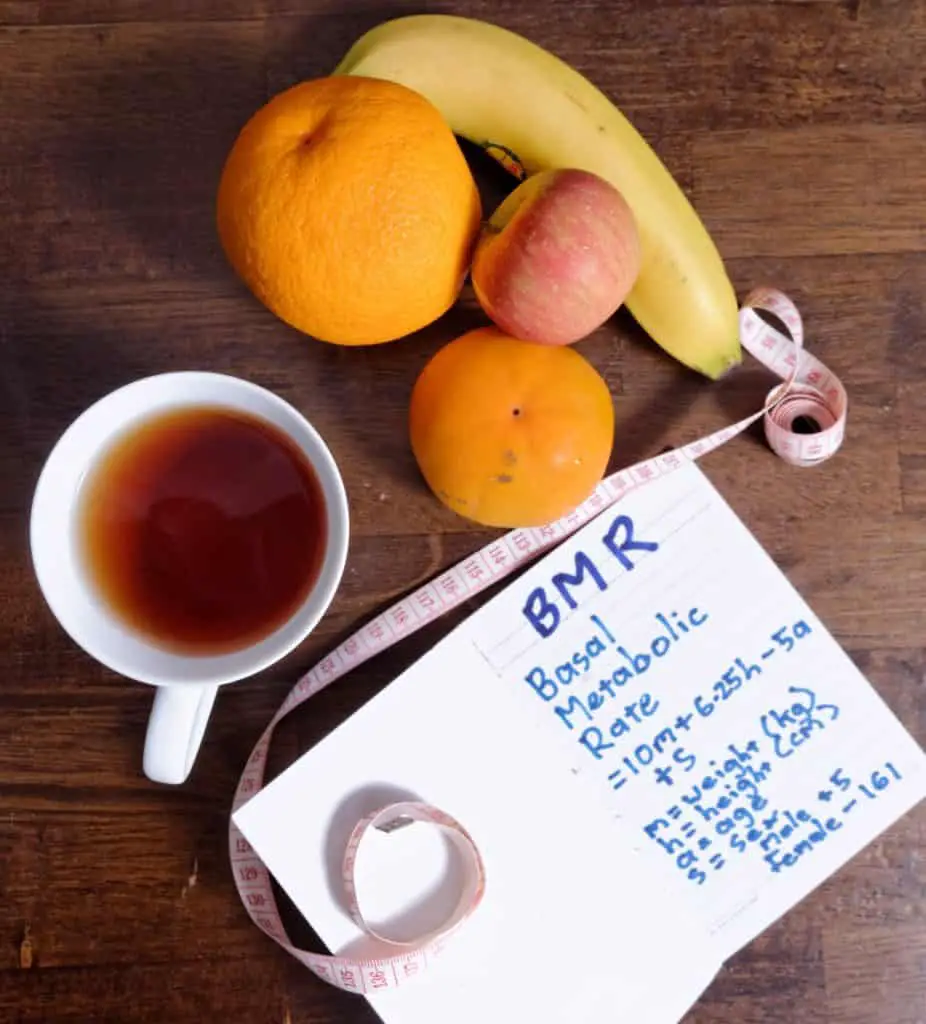The paleo diet is primal because it entails living on natural food sources alone. However, it doesn’t include dairy products since animal milk wasn’t available during the Paleolithic era.
Is Goat cheese paleo? The short answer is no. Dairy products—regardless of which animals they come from—go against the paleo diet fundamentals. That means ALL animal dairy is off the table. However, there is a strong argument why you should consider goat cheese if you’re willing to compromise.
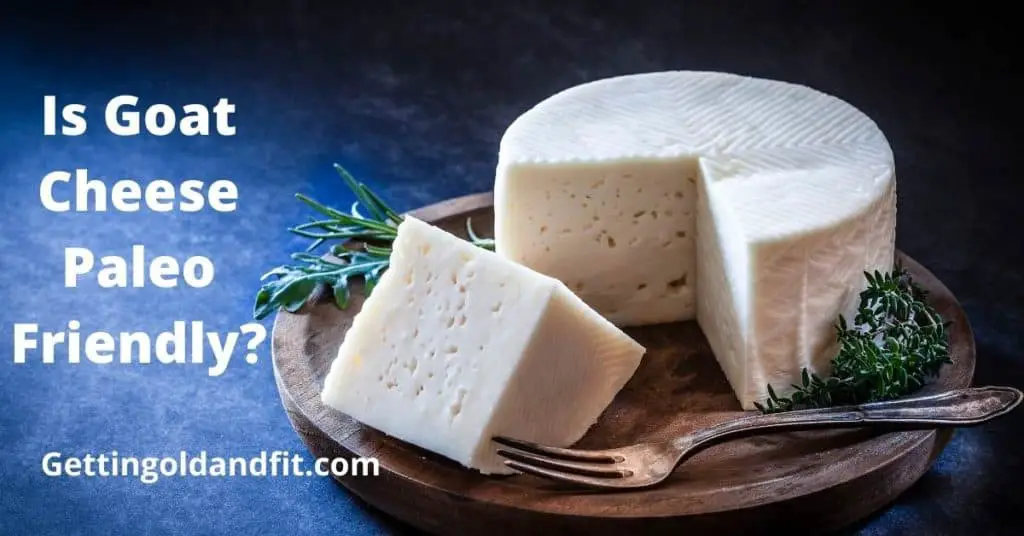
That makes goat cheese a significant grey area for the dos and don’ts of paleo. On the one hand, it is a healthier alternative to cow’s milk and can even be ideal for people with casein sensitivities.
How Goat’s Cheese Is Made
Even if it is dairy, goat’s cheese is made simple that it retains all its good nutrition. It is wholly organic and considered quite a treat due to its unique flavor profile.
Goat cheese can be made at home through the simple process of curdling raw milk then draining and pressing the milk curds. Sometimes, an acid is used to speed up the coagulation process.
If making aged cheese, the process is slightly different. After the draining and pressing, brining follows, which allows the cheese to develop a rind. The cheese is then stored in a cool environment for months.
Why Is Goat’s Cheese Acceptable on Paleo?
Goat Cheese Closer To Human Milk Than Cow’s Milk
Even though cow’s milk is the most widely used type of dairy, goat’s milk is closer to human milk than cow’s milk is according to research.
This has something to do with naturally occurring prebiotic oligosaccharides. Of the 14 found in goat’s milk, five are also present in human milk.
Even though its fat content is similar to cow’s milk cheese, it contains more medium-chain fatty acids. These fatty acids give goat cheese its familiar tartness.
This might explain why people with low tolerance to bovine dairy products have no issues consuming dairy products from goats.
Goat’s Milk Has A2 Caseins
Cow’s milk contains a protein that some people are allergic to. For example, A1 casein is usually present in cow’s milk but not in goat’s milk.
Therefore, goat’s cheese may be ideal for specific paleo diets, mainly where the A1 casein in cow’s milk was the problem.
Goat’s Cheese Is Only Minimally Processed
Compared to dairy products from cows, goat’s cheese is much healthier because it isn’t heavily refined.
Most dairy products go through several refinement processes, including pasteurization and skimming, which reduces their nutritional values. However, goat cheese remains nearly the same because it’s made entirely from raw goat milk.
Goat’s cheese is rich in protein, vitamins, calcium, phosphorus, and probiotics. It also contains essential micronutrients like niacin and thiamin.
It may not be paleo, but it’s undoubtedly a wholesome and organic alternative to regular dairy products.
Can You Have Goat’s Cheese On The Paleo Diet?
Compared to cheese made from cow’s milk, goat’s cheese is significantly healthier, especially if it’s made organically. That being said, it wouldn’t be right to forget that:
- All dairy has lactose. If you’re lactose intolerant, goat’s cheese is still off the table for you. Nevertheless, the more you ferment dairy, the more it loses its sugar, so aged goat’s cheese may be a viable alternative.
- The paleo diet doesn’t include dairy. Occasionally, there’s nothing wrong with a cheese-based dish, especially if it’s goat’s cheese, but moderation is vital.
- Goat’s milk is still high in calories. Therefore, you should factor in your weight loss goals when consuming it.
- If you’re severely allergic to casein, it’s best to avoid all forms of dairy (except for ghee) altogether.
Goat’s cheese is relatively healthy in general, but if you don’t want to stray too far from your diet, you should ensure that your goat’s milk meets the following criteria.
- It should come from grass-fed goats because their milk has better quality protein.
- It should be freshly sourced and raw because unprocessed milk is nutrient-rich.
If you prefer to buy goat’s cheese, the best way to do that is to get it straight from a farmer. Remember, the paleo diet avoids heavily processed foods, and you’re more likely to find purely organic cheese if you get it from the source.
Conclusion
Goat’s cheese isn’t bad at all, especially when you compare it to cow’s milk cheese.
But, considering that most dairy products are refined before hitting the shelves, is it fair to hold them to the high standards of the organic goat’s cheese available?
While it doesn’t conform to the paleo diet guidelines, goat cheese can be a healthy addition to your diet if you don’t have a problem with lactose. It’s also a better option than cow’s milk, which tends to have A1 caseins.
In any case, you should keep in mind that dairy is not supposed to make up a significant portion of your paleo diet. Your protein, fats, and calcium will mostly come from lean meat, nuts, and eggs.
